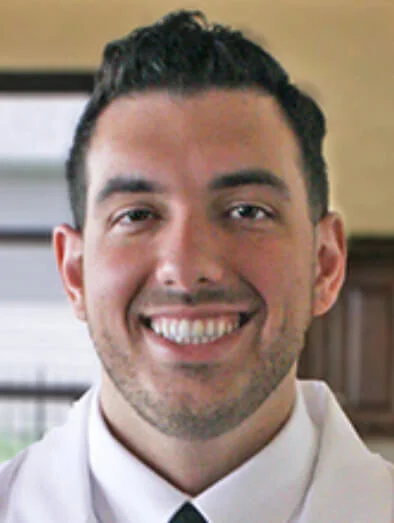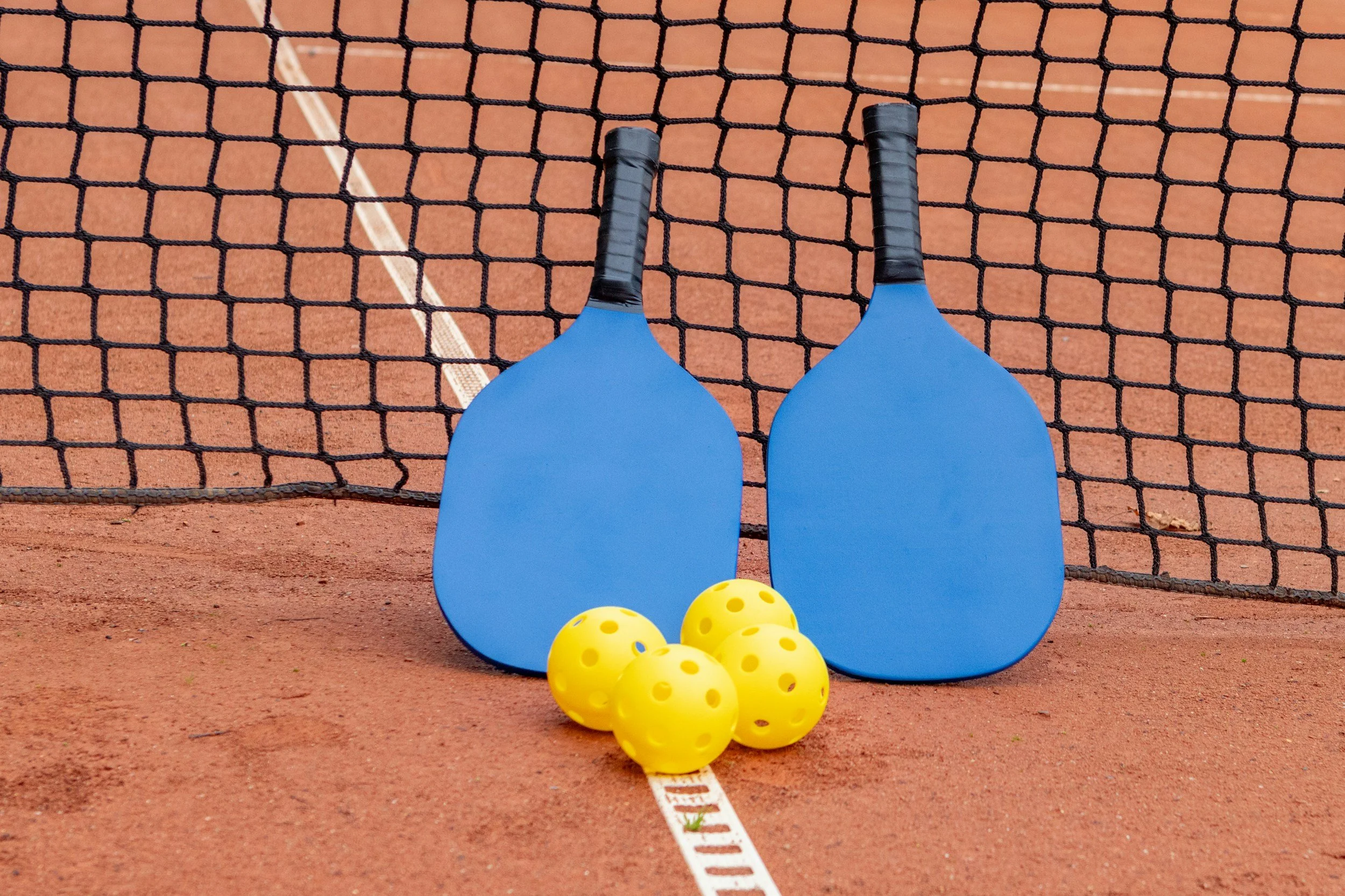By Jonathan Mikhail, M.S., Au.D.
I am a musician and, thanks in part to my lifelong immersion in audiology, I have protected myself from developing noise-induced hearing loss, tinnitus, and related conditions. Yes, I’m an audiologist and part of being an audiologist is understanding how to protect your hearing. While I do protect my ears, I most certainly know what it means to abuse my hearing. High decibel levels from music and other loud sound sources can cause permanent hearing loss.
I have always loved music and have been a musician since my parents enrolled me in piano lessons at age 3. Since I was young, I wanted to be a touring musician. In fact, during my final semester of college and after completing my bachelor’s degree, I performed at concerts regionally as a guitarist and vocalist in a metal band. I was more than informed about noise-induced hearing loss (NIHL) and did everything I could to protect my ears. In fact, my dad refused to let me go on the road without earplugs and soon, my band was playing while using in-ear monitors, devices to help us hear ourselves and protect us from auditory fatigue. Every aspect of my life had an avenue leading to audiology, whether or not I knew it or wanted to admit it to myself.
Jonathan Mikhail, M.S., Au.D. (left), stands alongside his father, who inspired his current-day career in audiology.
My father, an ENT and an audiologist, used to beg me to come to his office to see the work he did. As a child, I would go to his office and help with administrative tasks, just to make some extra money. In my final semester of college, I caved and shadowed him on a Wednesday afternoon. I was astonished by what audiologists actually do during the day to day. I once believed that audiology was nothing more than fitting hearing aids—and I had no interest in selling a product. While I didn't know a lot about the field, I was able to see his love for his patients. I knew I wanted to find something that I love as much as he loved audiology.
Educationally, my path was not typical. Following my undergraduate studies, I had no relevant prerequisites, making it hard to find an Au.D. program. I took a detour to the University of Wisconsin-Stout to earn a master’s in technical and professional communication. Later, after four years of failed attempts to get into an Au.D. program, I attended and earned my Au.D. at Wichita State University. I'm grateful for the extra experience and exposure I got when researching, academic writing, and learning with unbelievably intelligent individuals. As I continue my studies pursuing a doctorate of education from A.T. Still University in Health Professions, I am able to bring an audiologist’s perspective into the fold, hopefully enlightening the greater medical community about the profession.
Today I am an audiologist working with many demographics. If there’s one thing I dislike about my job, it’s fitting patients with hearing aids. I much prefer to educate someone on hearing loss prevention, rather than fitting them with hearing aids, to help them avoid using devices as long as possible. Our hearing ability is truly a marvel, and while modern hearing aids are spectacular, no hearing device can replace the human ear.
Mikhail is a former rock guitarist and vocalist who always took hearing protection seriously.
With my adult patients, I routinely observe unrealistic expectations for hearing aids. I don’t blame them. When devices cost upwards of $4000-5000 a pair, it only seems right to have "new ears." One thing I make sure to do is verbalize realistic expectations to my patients, both children and adults: "You’re not getting new ears. You’re getting devices to help your current ears." Hearing aids should be treated as a therapeutic tool, and it is our job as the audiologist to use this unique therapy to help our patients communicate to the greatest extent possible.
Hearing loss prevention is essential everywhere, including in various kinds of workplaces. My clinic works with many industrial sites to help promote hearing conservation and hearing health awareness. For musicians, their work is predicated on being able to hear the things around them. Each year, an estimated 22 million workers in the U.S. are exposed to dangerously high levels of noise. This is no different for musicians, like me. Prior to COVID-19, I was traveling around the country, providing audiology education and in-ear monitor fittings to churches, touring bands, and individuals. My goal is to provide them with an opportunity to save their hearing and in many cases, a portion of their livelihood. It is my way of keeping my foot in the world of music, just from a different perspective. I still go to shows and concerts, wearing my hearing protection of course, but not as a guitar player anymore. I get to go as someone who understands music and the science related to hearing.
Simply put, I’m an audiologist and I don’t like fitting hearing aids. I want to see people preserve their gift of hearing. It starts with educating the public, then intervening when necessary.
Jonathan Mikhail, MS, Au.D., is an audiologist in Missouri.








I made one hat to solve problems, never imagining how many other adults and children would relate. It’s an honor to be able to give something back to the cochlear implant community that understands this journey so well.